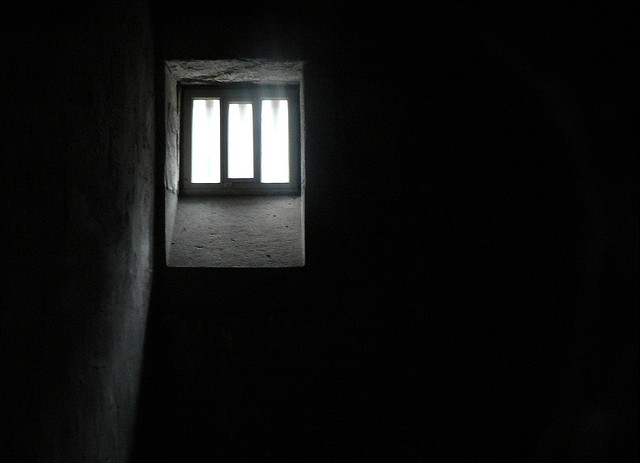A woman alleging to be a victim of false imprisonment has successfully challenged a decision to exclude her from legal aid in a case that has major implications for the ability of others to hold state authorities to account for unlawful loss of liberty. In a judicial review last week, Sunita Sisangia claimed she had been unlawfully arrested and detained from her house with an allegation of harassment.
Sisangia’s lawyers, Hodge Jones & Allen, argued that the decision was unlawful and irrational. The controversial Legal Aid, Punishment and Sentencing Act (LASPO), which came into force last April, sets out a test that claims against a public authority for a deliberate or dishonest act or omission causing harm will be funded .
Under LAPSO, para 21, for an unlawful arrest, a claimant must prove that an act or omission from a public authority has been made which has been deliberate or dishonest and resulted in reasonably foreseeable harm. In R (on the application of Sunita Sisangia) v Director of Legal Aid Casework, the Legal Aid Agency (LAA) argued that not only must the claimant show that the arrest has been deliberate and dishonest, they must also prove that there was an abuse of power where officers exercised their power with malice. LAA argued that there was not enough evidence that the police deliberately arrested the claimant and that she would have to prove that the police arrested her knowing they did not have the power to do so.
The effect of that argument would be to exclude most false imprisonment claims from scope for legal aid funding. Trudy Morgan, a solicitor at the law firm Hodge Jones and Allen and who acted for Sisangia, said, ‘if you’re arresting someone under Section 24 of the Police and Criminal Evidence Act, which gives officers the power to arrest without a warrant, then you have to show you’ve got reasonable suspicion to arrest and that it is necessary to arrest for one of the reasons specified in the statute in order for the arrest to be lawful’.
‘If those requirements aren’t met then it follows that the arrest was unlawful and the detention which follows is unlawful and that gives rise to a claim of false imprisonment which constitutes unlawful deprivation of liberty.’
As a result of yesterday’s judgment Sunita Sisangia has been granted legal aid and, giving judgment, Mr Justice Dingemans noted that he would be surprised if applicants would have to prove a separate abuse of power.







